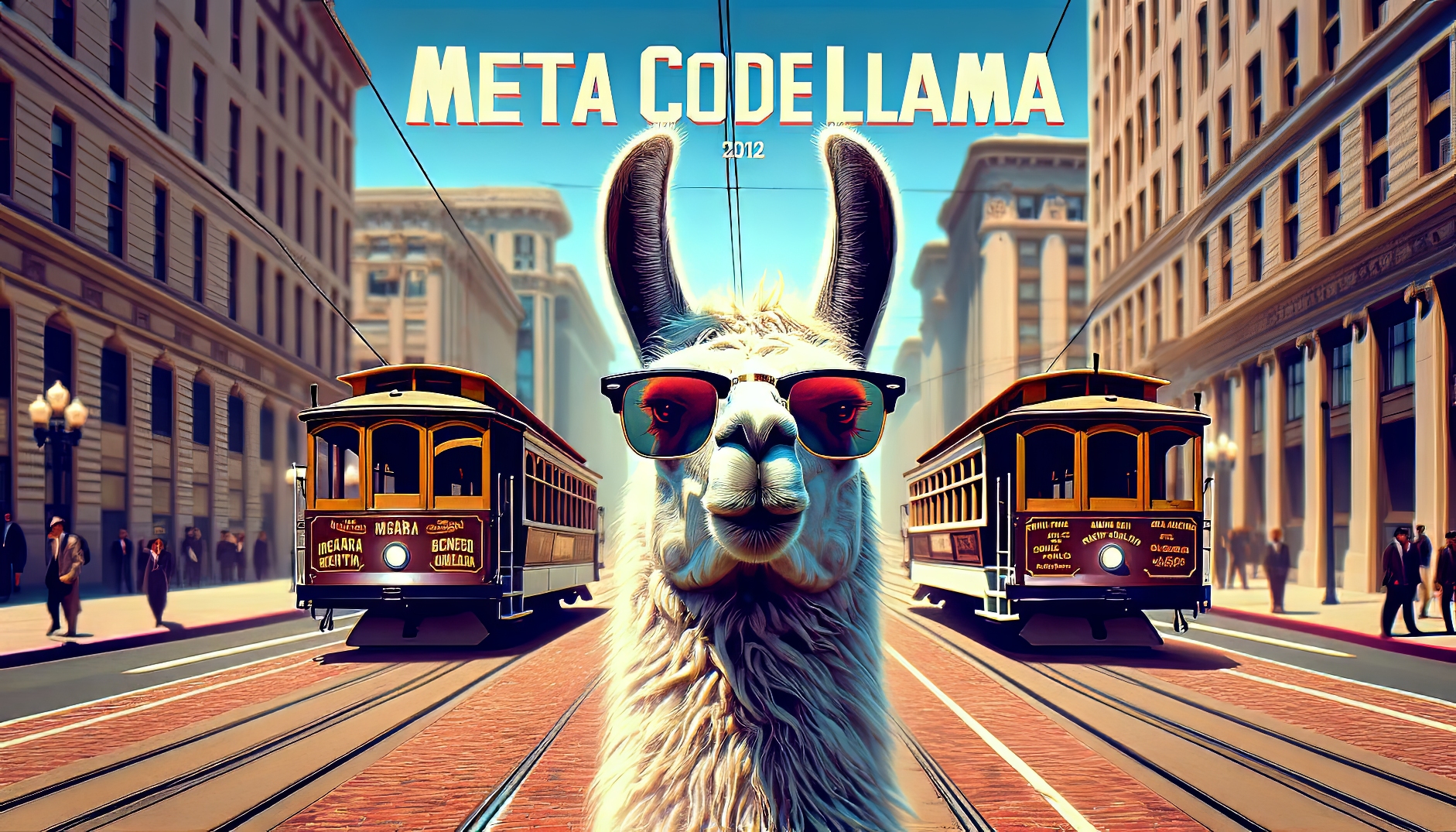
Meta introduces Code Llama 70B Open-Source AI Code Generation
Introduction
- Meta AI has released Code Llama 70B, an advanced version of its code generation model, designed to write code in various programming languages from natural language prompts or existing code snippets.
- This model represents a significant benchmark in the field of code generation, aiming to automate the process of creating and modifying software.
Technical Details
- Model Size and Training: Code Llama 70B is one of the largest open-source AI models for code generation, trained on 500 billion tokens of code and code-related data.
- Context Window: It features a larger context window of 100,000 tokens, enabling it to process and generate longer and more complex code sequences.
- Foundation: Based on Llama 2, a general-purpose large language model (LLM) with 175 billion parameters, Code Llama 70B has been fine-tuned for code generation using self-attention mechanisms.
Performance
- CodeLlama-70B-Instruct: A variant fine-tuned for understanding natural language instructions and generating code accordingly, scoring 67.8 on HumanEval, surpassing previous open models and comparable to closed models like GPT-4.
- CodeLlama-70B-Python: Optimized for Python, trained on an additional 100 billion tokens of Python code, enhancing its fluency and accuracy in generating Python code.
Accessibility
- Licensing: Available for free download under the same license as Llama 2, allowing both research and commercial use.
- Platforms and Frameworks: Accessible through platforms like Hugging Face, PyTorch, TensorFlow, and Jupyter Notebook, with documentation and tutorials provided by Meta AI.
Impact
- Software Development: Expected to significantly impact the field of code generation and software development by providing a powerful tool for creating and improving code.
- Learning and Accessibility: Lowers the barrier to entry for coding, offering guidance and feedback based on natural language instructions.
- New Applications: Enables new applications and use cases such as code translation, summarization, documentation, analysis, and debugging.
Conclusion
- Code Llama 70B is a groundbreaking open-source model that enhances the capabilities of AI in code generation, offering a versatile tool for developers and creating new opportunities for automation and efficiency in software development.
Other AI News
-
Two browser startups: Brave, Arc, add new AI integrations
In a significant move towards integrating generative AI into web browsing, privacy-focused browser startups Arc and Brave have announced the addition of new AI-powered features to their platforms. Arc has introduced Perplexity, a generative AI search engine, as a default search option, allowing users to choose it over traditional engines like Google and Bing. This integration aims to provide users with intelligent, up-to-date summaries and links, leveraging a large language model to offer a competitive alternative to established search engines. The move is celebrated by Perplexity’s CEO, Aravind Srinivas, and backed by a substantial $73.6 million Series B funding round, signaling a significant step towards challenging the current search engine market dominated by giants like Google.
On the other hand, Brave is enhancing its AI browser chatbot assistant, Leo, by upgrading it with Mixtral 8x7B, an open-source large language model developed by French startup Mistral and based on Meta’s Llama. This update positions Leo to provide more powerful and efficient assistance to users, capable of summarizing webpage contents and engaging in Q&A sessions. Brave’s decision to incorporate Mixtral 8x7B, recognized for its performance and “mixture of experts” approach, reflects the browser’s commitment to offering cutting-edge AI capabilities while maintaining user privacy through innovative features like a reverse-proxy server. Both Arc and Brave’s initiatives highlight a growing trend towards AI-driven web browsing experiences, challenging traditional models and potentially setting a new standard for the industry.
-
New York -based VC Acadian Ventures successfully raises $30 million for a new AI-focused fund
Acadian Ventures, a New York-based early-stage venture capital firm, has successfully raised $30 million for its second fund, aimed at investing in technologies shaping the future of work. The fund, which was oversubscribed, attracted a diverse group of investors, including ServiceNow Ventures, Connecticut Innovations, venture capital firms, family offices, and high-net-worth individuals. This new fund, nearly triple the size of its inaugural fund, has already been allocated to 12 investments. Acadian Ventures focuses on four key areas: intelligent work applications, work infrastructure, regulatory and compliance solutions, and the emerging global workforce. These areas are seen as having the potential to disrupt traditional work models and create new market opportunities.
The firm, founded in 2019 by industry veterans Jason Corsello and Thomas Otter, is recognized for its operator-centric approach and extensive network of executives from leading companies. With $60 million in assets under management, Acadian Ventures aims to invest in companies that leverage technology to simplify, enrich, and enhance productivity in the workplace. Despite the challenging venture capital environment, the firm’s successful fundraising reflects its strong performance in its first fund, which is ranked in the top decile according to Pitchbook. Corsello highlighted the firm’s commitment to building a specialized early-stage venture firm at the intersection of technology and work, emphasizing the importance of transforming work through technology.
Nightshade, a novel tool developed by researchers at the University of Chicago, has seen an unprecedented reception with 250,000 downloads within just five days of its release. Designed to empower artists to protect their works from unauthorized use by AI models, Nightshade alters images at the pixel level to “poison” generative AI systems, causing them to produce inaccurate outputs. This surge in downloads underscores a significant interest among artists and possibly a broader audience worldwide in safeguarding their creative rights against AI’s expansive reach. The tool’s creation was motivated by the need to challenge the practice of training AI models on artworks without the creators’ consent, aiming to make licensing a more appealing and ethical pathway for sourcing data.
The overwhelming demand for Nightshade momentarily overwhelmed the University of Chicago’s servers, prompting the addition of mirror links for easier access. This tool, alongside its predecessor Glaze—which aims to protect an artist’s unique style from being learned by AI by subtly altering images—forms part of The Glaze Project’s broader initiative to equip artists with defensive and offensive tools against AI exploitation. The project’s future plans include a combined tool that integrates the functionalities of both Glaze and Nightshade, although this is expected to undergo thorough testing before release. Despite the potential complexities of using both tools, the artist community has shown a willingness to adopt this layered approach for greater protection. The project’s leaders are considering releasing an open-source version of Nightshade, further democratizing access to these protective measures.
-
The CEO of Mistral confirms the ‘leak’ of a new open-source AI model that approaches GPT-4 level performance
The AI community has been abuzz with the recent leak of a new open-source large language model (LLM) known as “miqu-1-70b,” which has shown performance nearing that of OpenAI’s GPT-4. The model was initially posted on HuggingFace by a user named “Miqu Dev” and quickly gained attention for its high performance on common LLM benchmarks. This development has sparked speculation and excitement within the AI field, particularly because the model’s prompt format mirrors that of Mistral, a well-funded Parisian AI company known for its top-performing open-source LLM, Mixtral 8x7b.
Arthur Mensch, co-founder and CEO of Mistral, confirmed that an over-enthusiastic employee from one of their early access customers leaked a quantized and watermarked version of an old model they had openly distributed. This model was retrained from Llama 2 as soon as Mistral had access to its entire cluster, with the pretraining finishing on the day of Mistral 7B’s release. Despite the leak, Mensch’s comments suggest that Mistral is continuing to develop this model, potentially reaching or even surpassing GPT-4’s performance. This incident highlights the rapid advancements in open-source AI and the growing competition in the field, posing significant implications for the future of AI development and the balance of power among leading AI organizations.
-
Shopify enhances its commerce platform with an ‘Magic’ image editor and other AI-powered improvements
Shopify has recently announced a significant update to its commerce platform, introducing over 100 new features with a strong emphasis on artificial intelligence (AI). Among these updates, Shopify Magic stands out as a key innovation, offering AI models that assist merchants in various tasks, including the automatic generation of product descriptions, FAQ pages, and marketing copy. This tool is designed to create SEO-optimized text in seconds, streamlining the content creation process for merchants. Additionally, Shopify has launched Smart Sidekick, an AI-powered commerce advisor that provides personalized recommendations for inventory management and customer acquisition, and has enhanced its Audience ad targeting tool with AI to optimize campaign performance.
The introduction of these AI-powered capabilities signifies Shopify’s commitment to leveraging technology to enhance the merchant experience on its platform. By automating and optimizing tasks that traditionally required significant time and effort, Shopify aims to help merchants sell more effectively and create better customer experiences. The company’s focus on AI also positions it competitively against other major players in the commerce space, such as Adobe, Salesforce, and Oracle, who are similarly investing in AI to expand their capabilities. With these updates, Shopify continues to evolve its platform to meet the changing needs of merchants and consumers in the digital commerce landscape.
About The Author

Bogdan Iancu
Bogdan Iancu is a seasoned entrepreneur and strategic leader with over 25 years of experience in diverse industrial and commercial fields. His passion for AI, Machine Learning, and Generative AI is underpinned by a deep understanding of advanced calculus, enabling him to leverage these technologies to drive innovation and growth. As a Non-Executive Director, Bogdan brings a wealth of experience and a unique perspective to the boardroom, contributing to robust strategic decisions. With a proven track record of assisting clients worldwide, Bogdan is committed to harnessing the power of AI to transform businesses and create sustainable growth in the digital age.
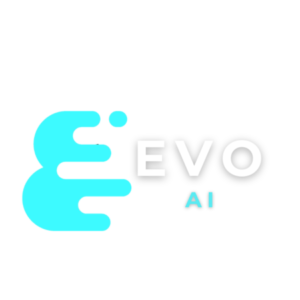

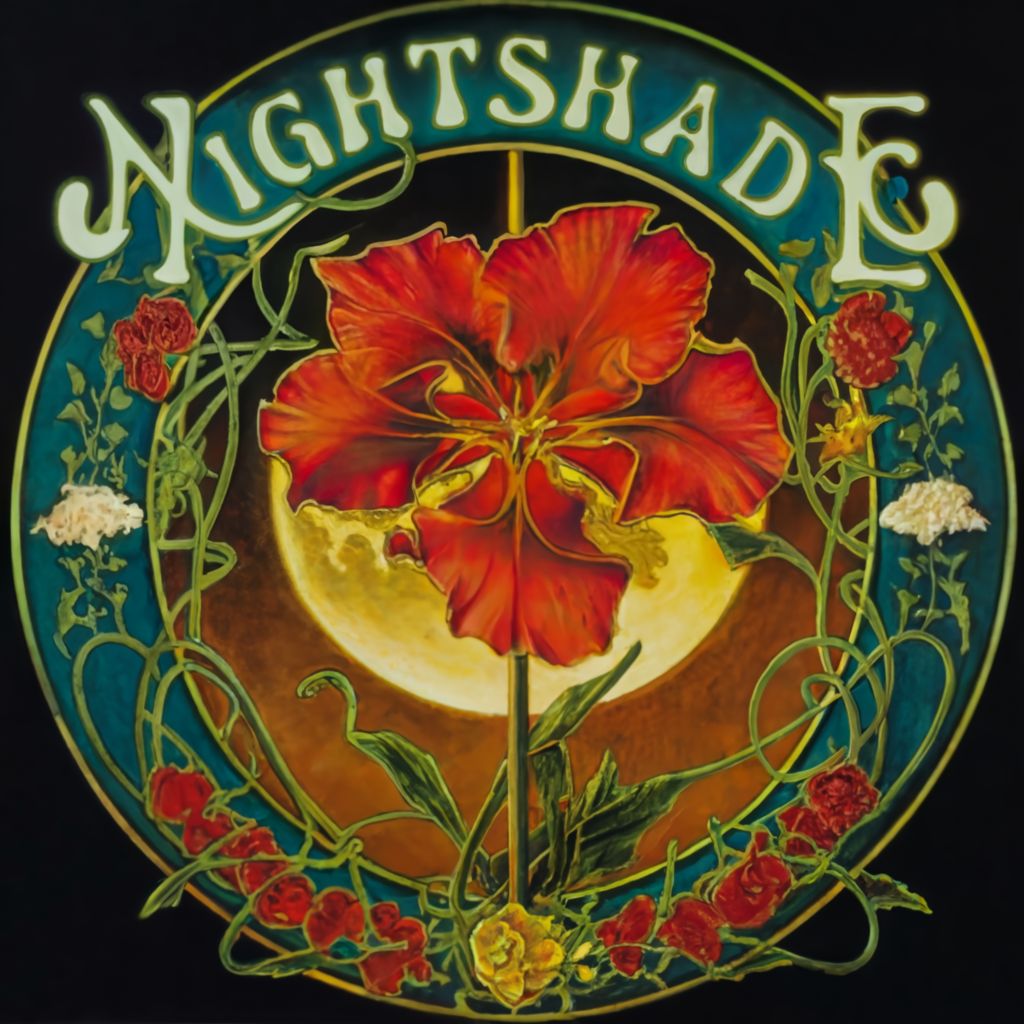
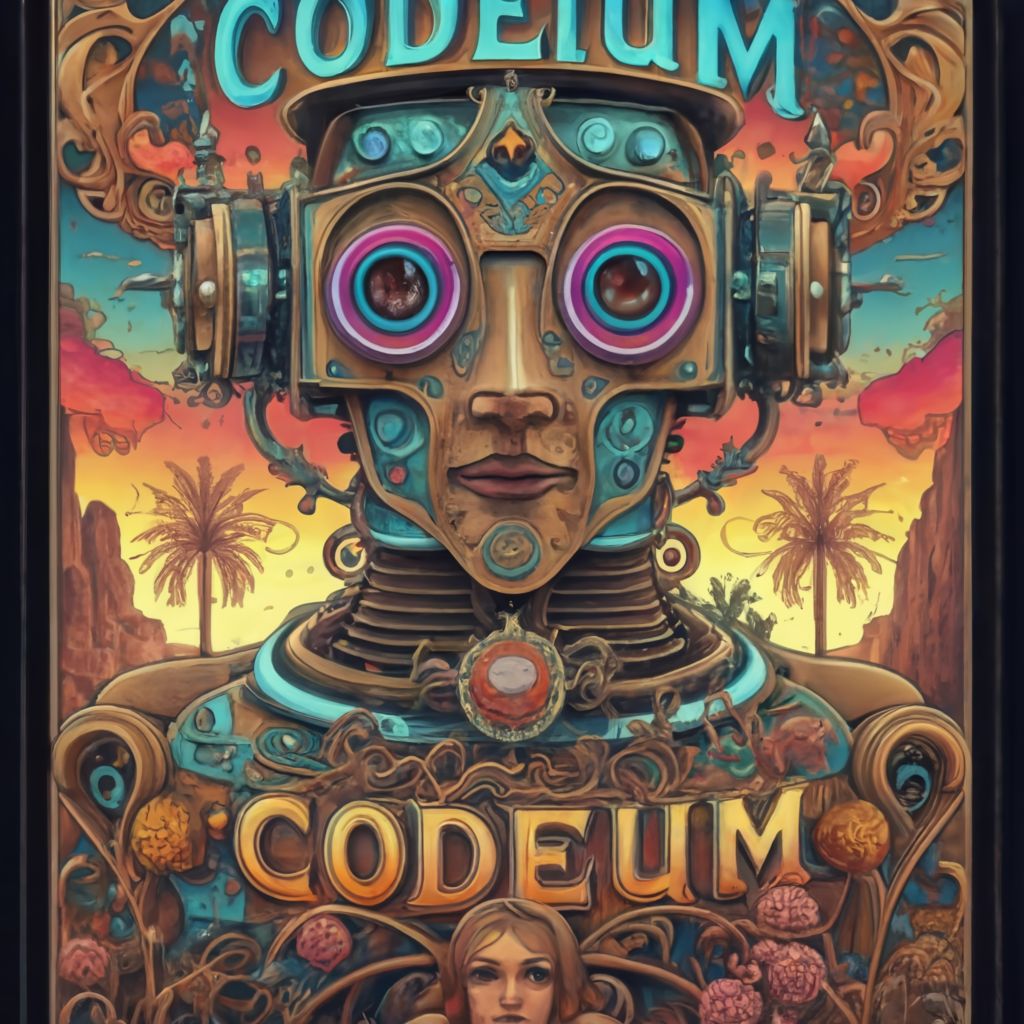


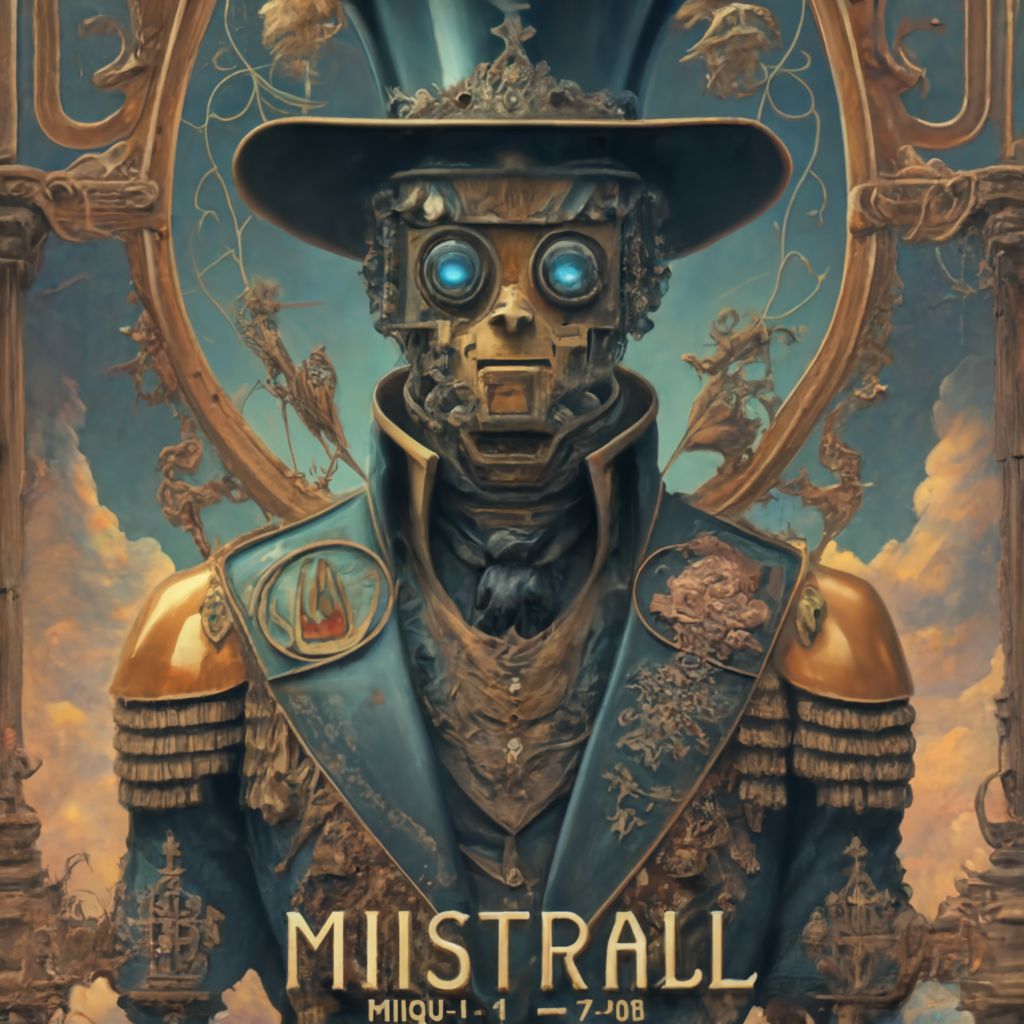

Leave A Comment